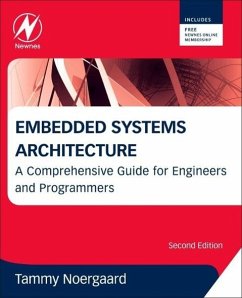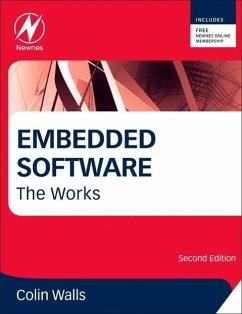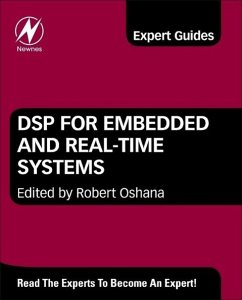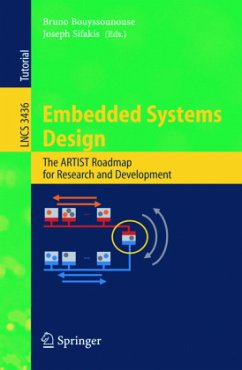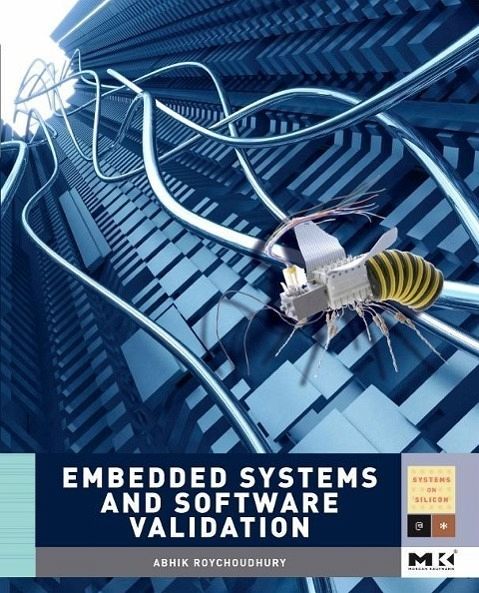
Embedded Systems and Software Validation

PAYBACK Punkte
30 °P sammeln!
Modern embedded systems require high performance, low cost and low power consumption. Such systems typically consist of a heterogeneous collection of processors, specialized memory subsystems, and partially programmable or fixed-function components. This heterogeneity, coupled with issues such as hardware/software partitioning, mapping, scheduling, etc., leads to a large number of design possibilities, making performance debugging and validation of such systems a difficult problem.Embedded systems are used to control safety critical applications such as flight control, automotive electronics a...
Modern embedded systems require high performance, low cost and low power consumption. Such systems typically consist of a heterogeneous collection of processors, specialized memory subsystems, and partially programmable or fixed-function components. This heterogeneity, coupled with issues such as hardware/software partitioning, mapping, scheduling, etc., leads to a large number of design possibilities, making performance debugging and validation of such systems a difficult problem.
Embedded systems are used to control safety critical applications such as flight control, automotive electronics and healthcare monitoring. Clearly, developing reliable software/systems for such applications is of utmost importance. This book describes a host of debugging and verification methods which can help to achieve this goal.
Embedded systems are used to control safety critical applications such as flight control, automotive electronics and healthcare monitoring. Clearly, developing reliable software/systems for such applications is of utmost importance. This book describes a host of debugging and verification methods which can help to achieve this goal.







